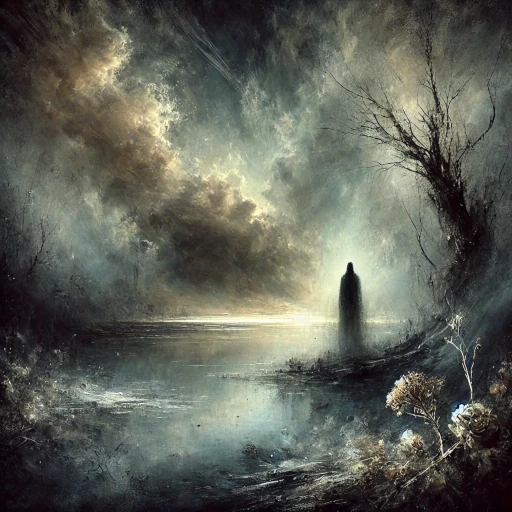“Death and vulgarity are the only two facts in the nineteenth century that one cannot explain away.”

- October 16, 1854 – November 30, 1900
- Irish
- Author, poet, playwright
table of contents
Quote
“Death and vulgarity are the only two facts in the nineteenth century that one cannot explain away.”
Explanation
In this quote, Oscar Wilde reflects on the inevitable and unavoidable realities of life—death and vulgarity—which, he suggests, cannot be dismissed, ignored, or easily rationalized away, even by the intellectual or social constructs of the time. Wilde’s choice of the term vulgarity refers to the crudeness, banality, or lack of refinement in society, which he often satirized. Despite the refinement and progress claimed by the 19th century, these two elements—death (a universal, final fact of life) and vulgarity (a persistent, often ugly reality of human behavior)—are the harsh truths that cannot be concealed or ignored, no matter how much society may try to mask or elevate itself.
Wilde’s remark is both a critique of the society of his time and a commentary on human nature. Death, as a final and unavoidable event, defies all attempts at evasion or explanation. Similarly, vulgarity—as a deeply ingrained aspect of human behavior or society—cannot be easily eradicated by cultural pretensions or moralizing. Wilde highlights that no matter how refined or progressive a society may become, there are certain universal realities that it cannot escape or sanitize.
In modern contexts, this quote can be understood as a reflection on the unavoidable truths of life, especially in a world that often strives to sanitize or idealize human existence. Wilde’s words challenge us to confront the ugliness of life, whether it’s in the form of death or the vulgarity present in society, and to accept that some things are beyond our ability to explain, deny, or transcend. It encourages a realistic acceptance of the imperfections and finalities of life.
Would you like to share your impressions or related stories about this quote in the comments section?


